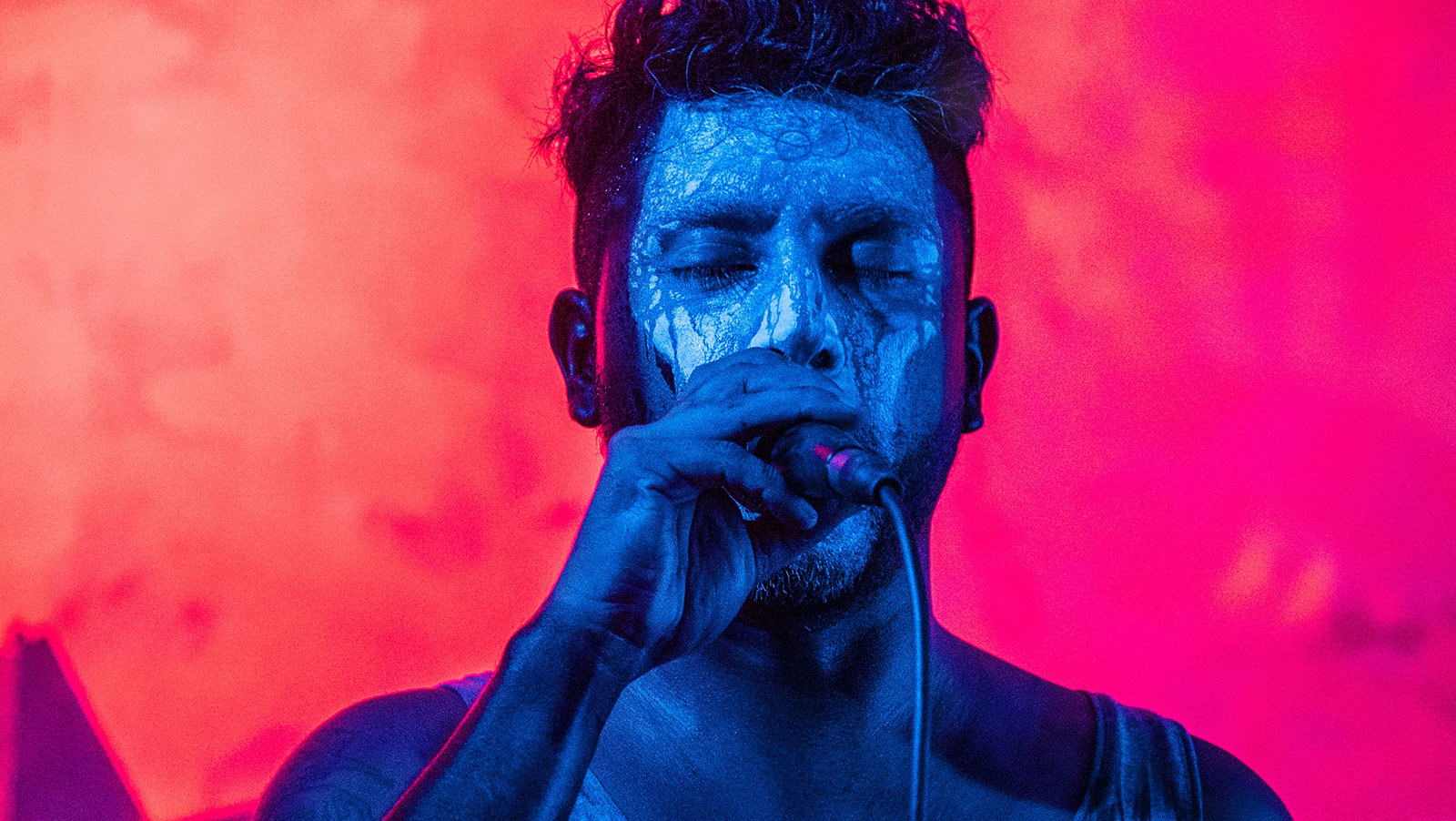The words ‘know thyself’ (or ‘gnothi seauton’ in Ancient Greek) were famously inscribed above the forecourt at the Temple of Apollo at Delphi. In Plato’s telling, Socrates believed that the value of self-knowledge consisted in one’s ability to recognise the limits of what they know, which, Socrates ultimately thought, was nothing. In the centuries since, thinkers who have tried to discern the nature of the self have come to radically different conclusions. Thomas Hobbes advocated introspection – attention to one’s own thoughts, feelings and desires – as a means to understanding others. Sigmund Freud developed his theory of the unconscious, introducing the notion that much of what makes up the self is hidden and unknowable. And in the contemporary era, the experimental psychologist Bruce Hood has turned to brain research to fundamentally question whether there is any self to know.
”Sound has a unique ability to shift consciousness in a matter of seconds.
Ellie NeinerAEON
The Big Oxmox advised her not to do so, because there were thousands of bad Commas, wild Question Marks and devious Semikoli, but the Little Blind Text didn’t listen. She packed her seven versalia, put her initial into the belt and made herself on the way. When she reached the first hills of the Italic Mountains, she had a last view back on the skyline of her hometown Bookmarksgrove, the headline of Alphabet Village and the subline of her own road, the Line Lane. Pityful a rethoric question ran over her cheek, then she continued her way. On her way she met a copy.
In Tibetan Buddhism, the group of tantric techniques known as milam aim to reveal the illusory nature of waking life by having practitioners perform yoga in their dreams. It’s a ritualised version of one of the most mysterious faculties of the human mind: to know that we’re dreaming even while asleep, a state known as lucid dreaming.
